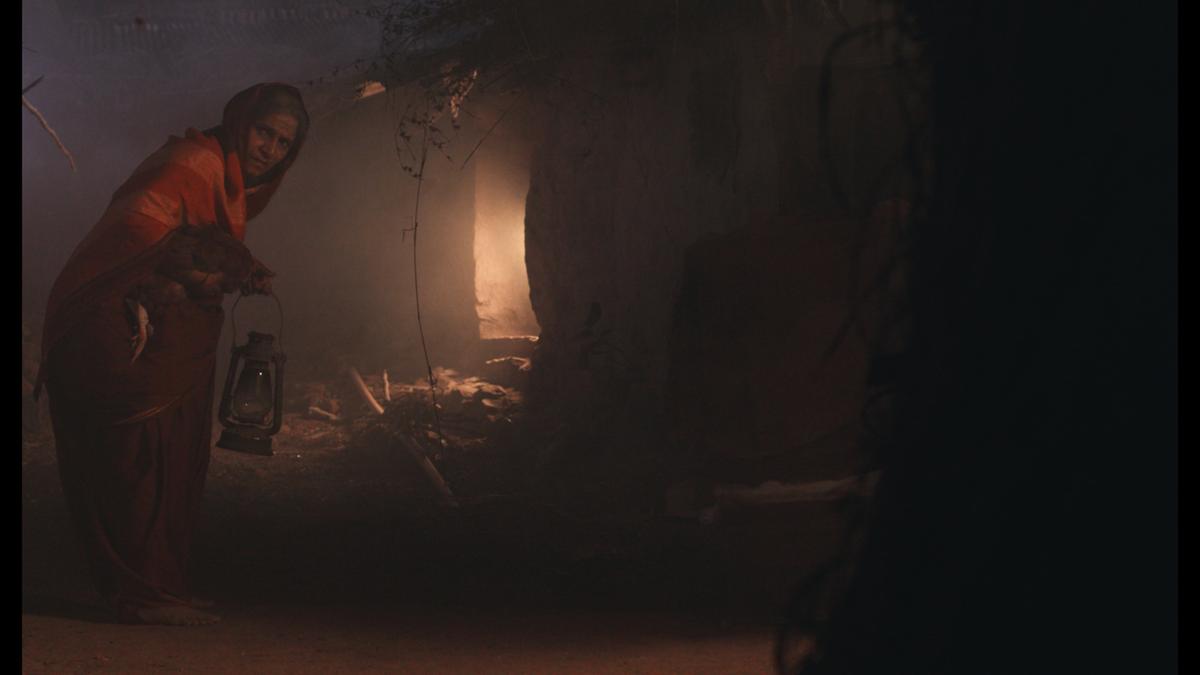
Kannada short film ‘Sunflowers Were the First Ones to Know’ to be screened in Cannes
The Hindu
Chidananda S Naik’s Kannada short film, Sunflowers Were the First Ones to Know has been chosen to participate in the La Cinef section of Cannes
Chidananda S Naik’s Kannada short film, Sunflowers Were the First Ones to Know (2023), has been chosen to participate in the La Cinef section of the Cannes Film Festival.
The section showcases and promotes films from various film schools worldwide, fostering emerging talent. The jury will present the La Cinef awards during a ceremony on May 23 at the Bunuel Theatre.
The 15-minute film, which is a part of Chidananda’s year-end exercise at the Film and Television Institute of India (FTII), includes Suraj Thakur (cinematography), Manoj V (editing), and Abhishek Kadam (sound) as crew. The film revolves around an elderly woman who disrupts the village’s harmony by stealing their prized rooster, plunging the community into perpetual darkness. This act sets the villagers on a desperate quest to retrieve the missing bird and restore the sun’s light. Shot entirely at night, the film evokes a sense of mystery and intrigue.
It was not a single defining moment that led Chidananda to filmmaking. Instead, it was a gradual process shaped by a series of events. The first spark came from watching Akira Kurosawa’s Dreams, a film that completely blew him away when he was in seventh standard. Later, in the beginning of the previous decade, a wave of new Kannada cinema swept the scene. Films like Lucia by Pawan Kumar and Rakshit Shetty’s projects and others like Rangitaranga were emerging, showcasing a whole new generation of filmmakers.
Being from Karnataka, Chidananda was exposed to this exciting movement. This also led him to discover masters such as Girish Kasaravalli and Girish Karnad. This and discussions about world cinema opened his eyes to what he calls “a whole new universe.”
But his feet had not stepped into that universe yet. He went on to do medicine, which, strangely, led him to films.
“Working in medicine, I witnessed countless patients and gained access to their most intimate spaces. It was a place of raw honesty, where people wouldn’t lie. Witnessing birth and death first-hand made me contemplate the profound aspects of life,” says Chidananda over the phone.

The ongoing Print Biennale Exhibition at Lalit Kala Akademi, Chennai, unfolds as a journey far beyond India’s borders, tracing artistic lineages shaped by revolution and resistance across Latin America and nNorthern Africa. Presented as a collateral event of the Third Print Biennale of India, the exhibition features a selection from the Boti Llanes family collection, initiated by Dr Llilian Llanes, recipient of Cuba’s National Award for Cultural Research, and curated in India by her daughter, Liliam Mariana Boti Llanes. Bringing together the works of 48 printmaking artists from regions including Mexico, Cuba, Argentina, Brazil, and Chile, the exhibition is rooted in the socio-political upheavals of the 1980s and 1990s. It shows printmaking as both a political and creative tool, with works that weave stories across countries and continents.












